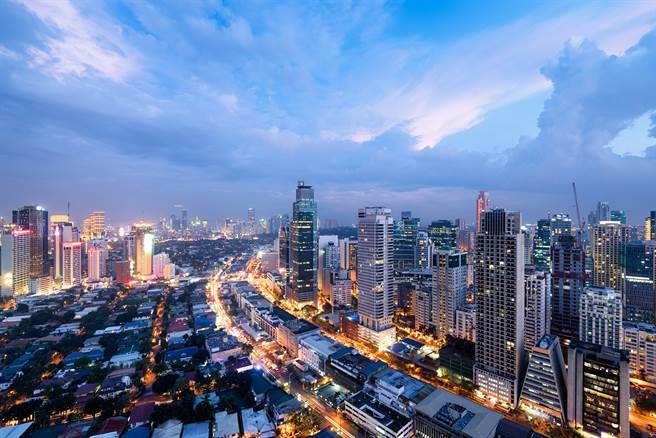Philippine President Ferdinand Marcos Jr. announced a comprehensive ban on Philippine Offshore Gaming Operators (POGOs) on July 22, 2024, and required the closure of all POGOs to be completed by the end of 2024.
Many practitioners were suddenly shocked, but there are actually some signs and foreboding actions indicating that the government’s attitude towards the POGO industry is gradually getting tougher:
1. Voices from legislation and government officials
As early as 2022, the Philippines launched a campaign calling for POGOs to be banned. Senator Joel Villanueva sponsored Senate Bill 1281 in September 2022, calling for the outlawing of all forms of online gambling, indicating that discussions within the government have begun on the possibility of outlawing POGOs;
2. Frequent law enforcement actions
In recent years, Philippine law enforcement agencies have repeatedly cracked down on POGO-related criminal activities, including cases of financial fraud, human trafficking, kidnapping, and money laundering.
“They masquerade as legitimate entities but their operations have expanded into illegal areas far away from gambling, such as financial fraud, money laundering, prostitution, human trafficking, kidnapping, brutal torture and even murder,” Marcos said.
3. Social security pressure
Although POGO has made significant economic contributions to the Philippines, its negative social impacts, such as crime and security issues, have attracted public and government attention.
Although Pagcor pointed out in its 2023 report that POGO contributed 5 billion Philippine pesos in revenue, it also faced criticism from all walks of life.
4. The government’s gradual statement
In his first few speeches, President Marcos had already mentioned the importance of combating illegal activities and protecting public safety, which gradually paved the way for the eventual total ban.
Since President Marcos’ speech on the afternoon of the 22nd, various government departments in the Philippines have responded with support and stated that they will crack down on illegal POGOs and provide help to unemployed people within six months.
However, there are currently only 43 legal IGLs in the Philippines, and illegal gambling is everywhere. Banning legal POGO companies may cause some operators to go underground and continue to operate illegally. This is another problem that Marcos has to face.











